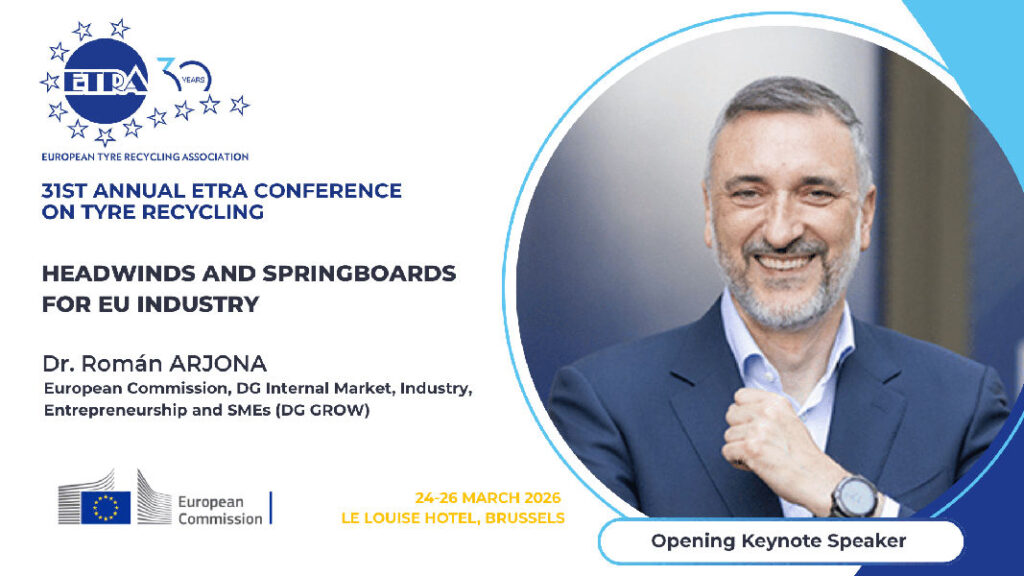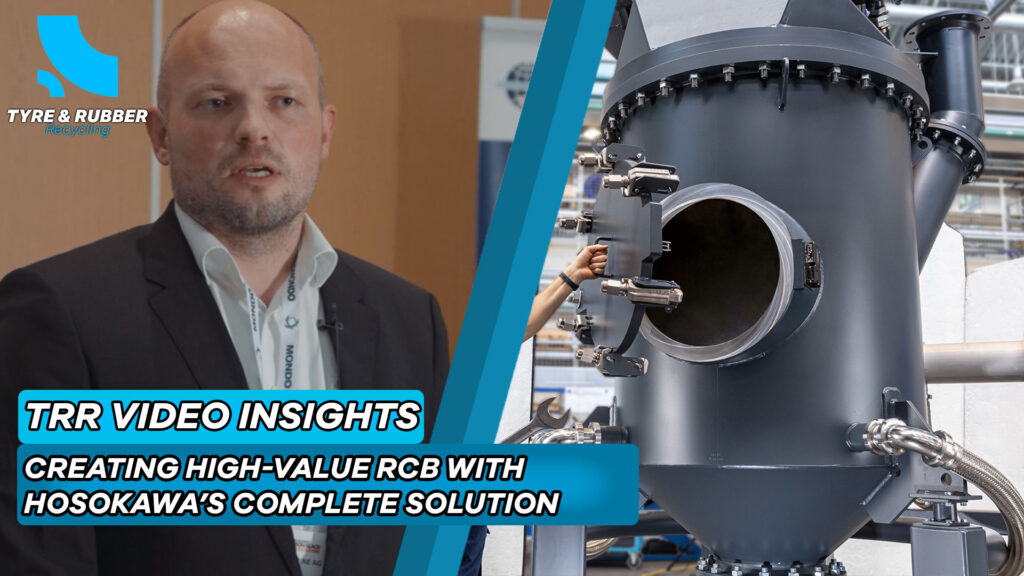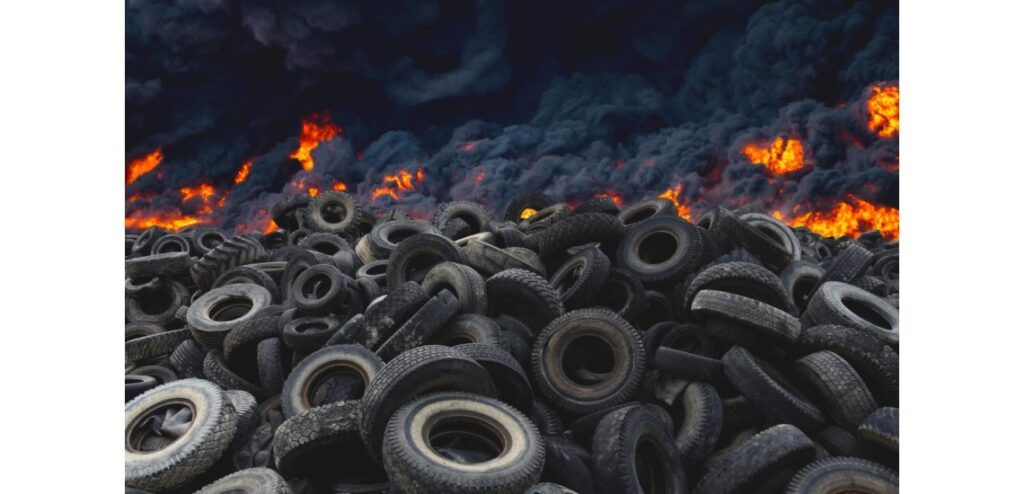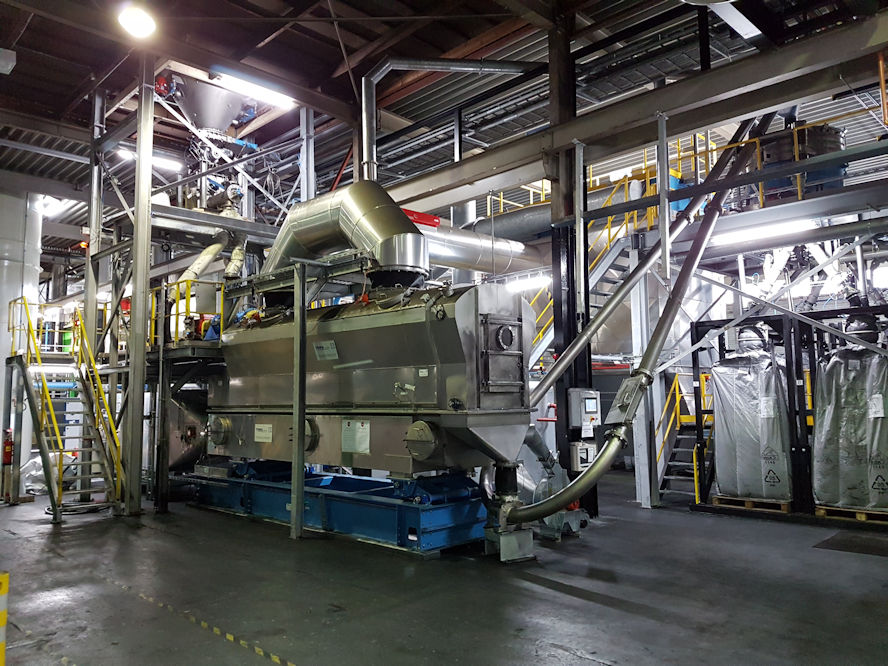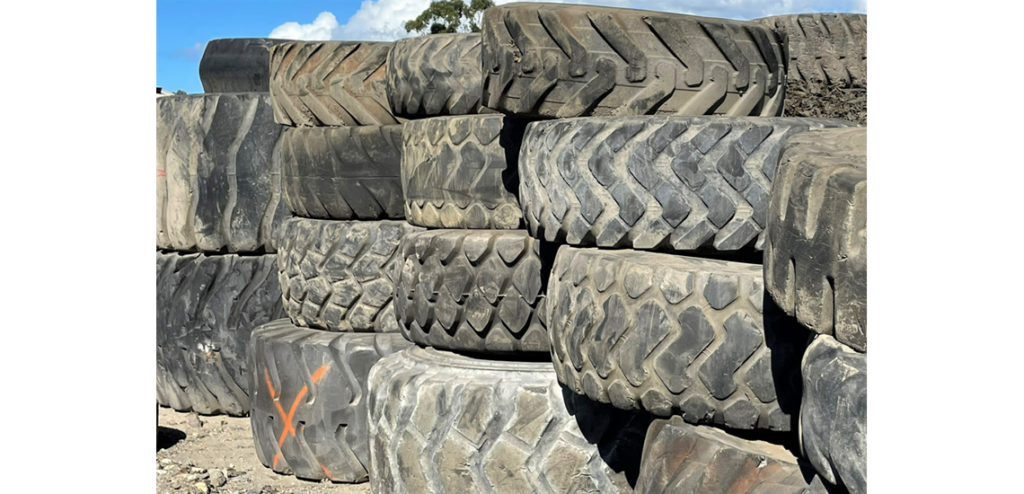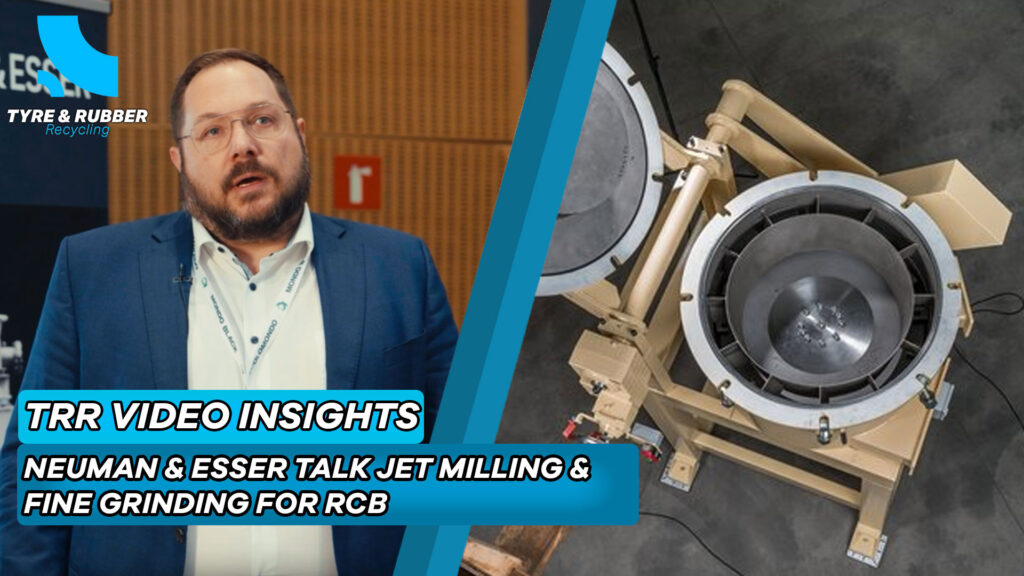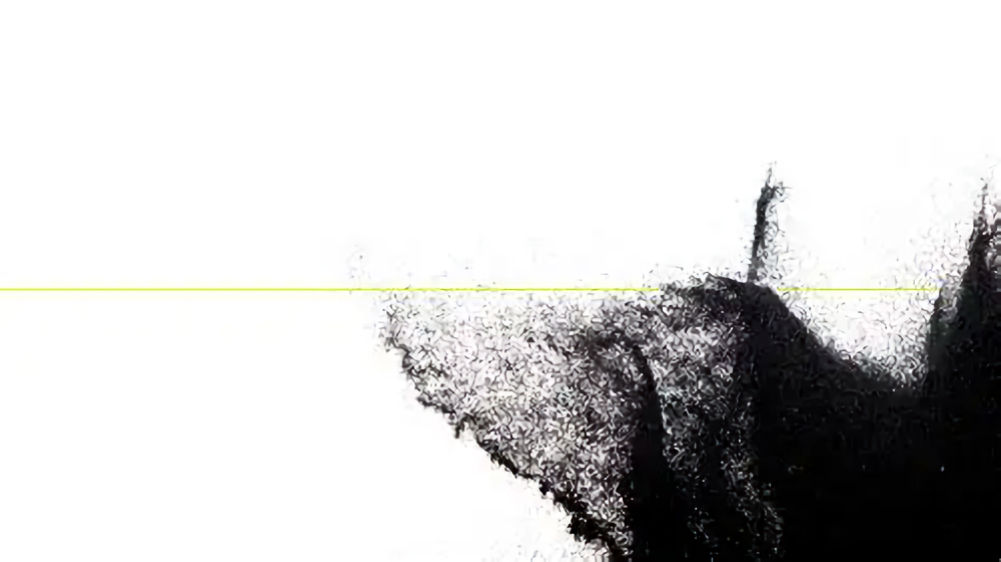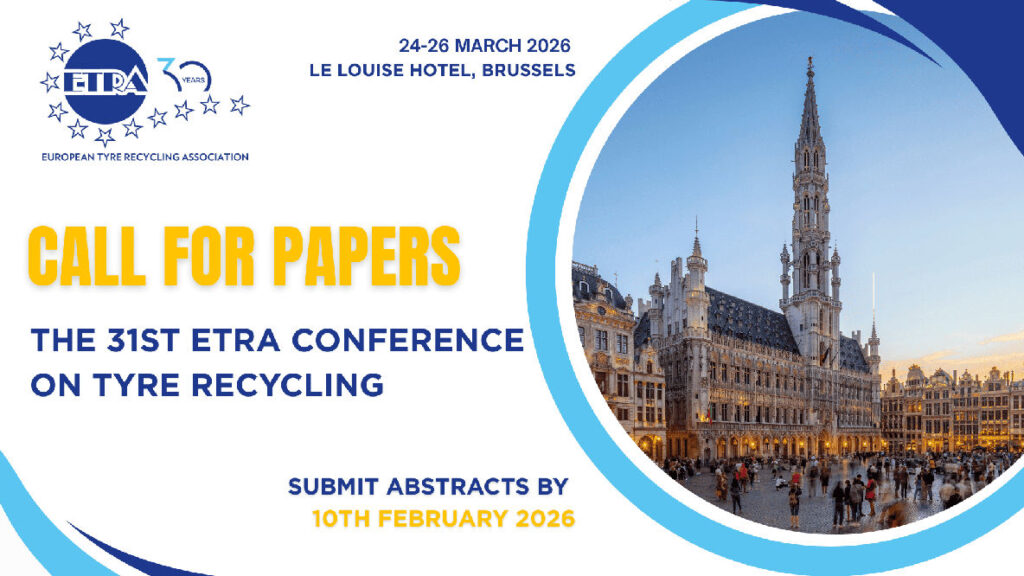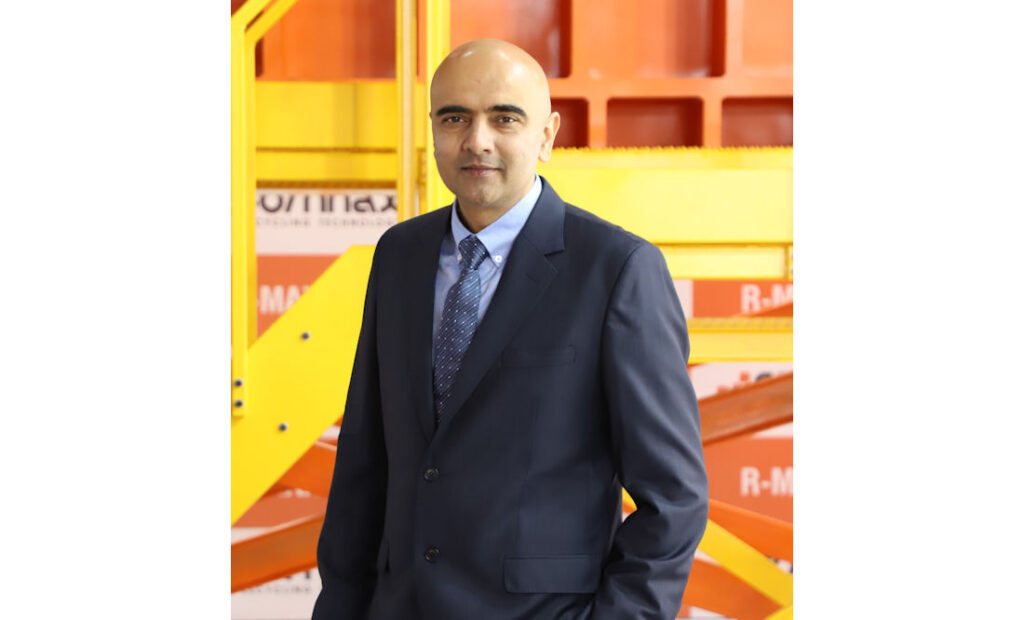The Tire Cologne 2026 is placing the circular economy at the centre of the international tyre industry with an expanded Innovation Lab that shows the future of circular tyre production
Reinforced by the new “Material & Production” segment, the Innovation Lab shifts focus from individual innovation to holistic circular value creation. The Innovation Lab will serve as a central hub for innovation, knowledge transfer and industry dialogue, as a response to rising sustainability requirements, evolving regulations and increasing digitalisation. Research institutes, tyre manufacturers, and suppliers will present solutions spanning the entire value chain, including sustainable material sourcing, AI-driven processes, automation, additive manufacturing, recycling technologies, and more, using live demonstrations and best-practice presentations.
A key highlight for the 2026 Tire Cologne is the Circular Economy Area, which will visualise the complete tyre material cycle for the first time, from raw material extraction and production through use, re-use and recycling. The “Material & Production” segment will further complement this area by focusing on sustainable raw materials, innovative material technologies and resource-efficient manufacturing processes.
“The combination of Innovation Lab and the expanded Circular Economy Area shows how sustainable processes interlock with one another in the tyre industry“, says Ingo Riedeberger, Director of The Tire Cologne. “With the new Material & Production segment, we depict the circular economy of the industry holistically for the first time.”
The circular economy and the future of tyre production will also be the main focus of the TIRE Stage, where the European Rubber Journal will host two Future Tire Forum sessions, focusing on developments in production, material technology, quality management, and product responsibility in the global tyre industry.


